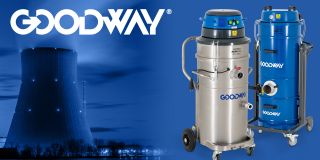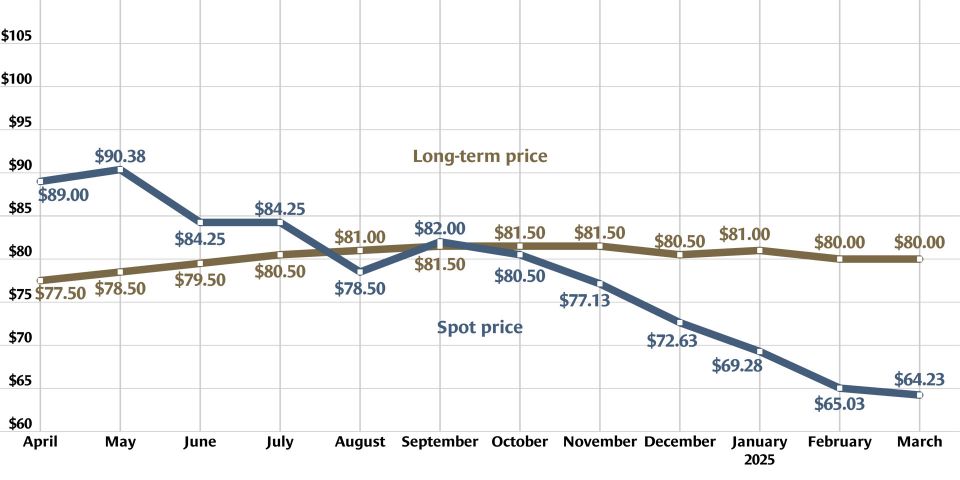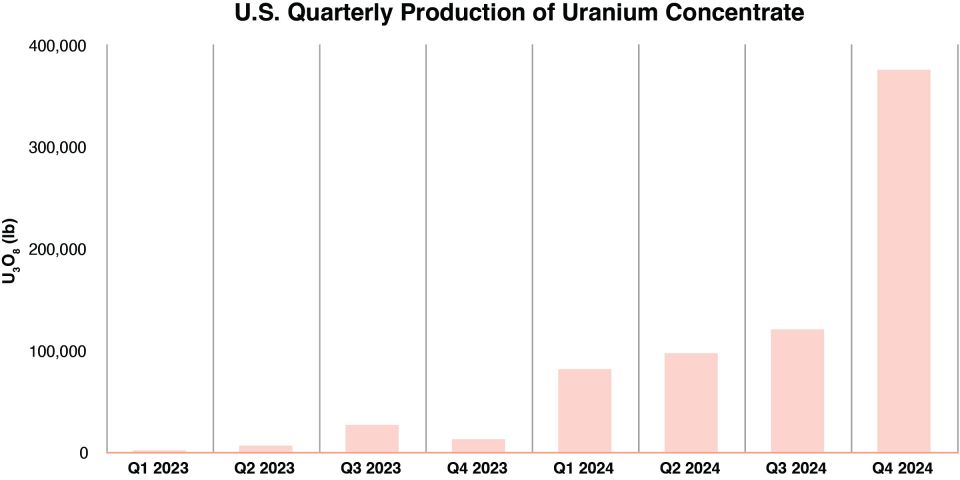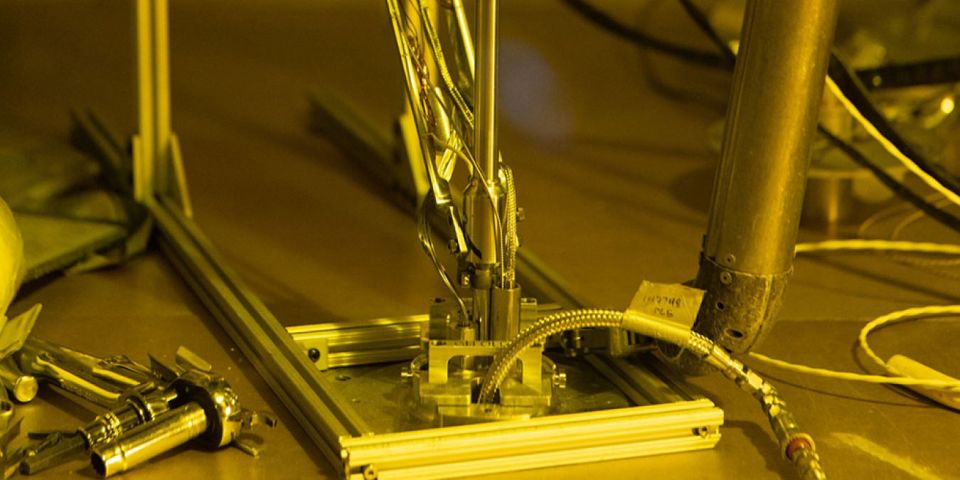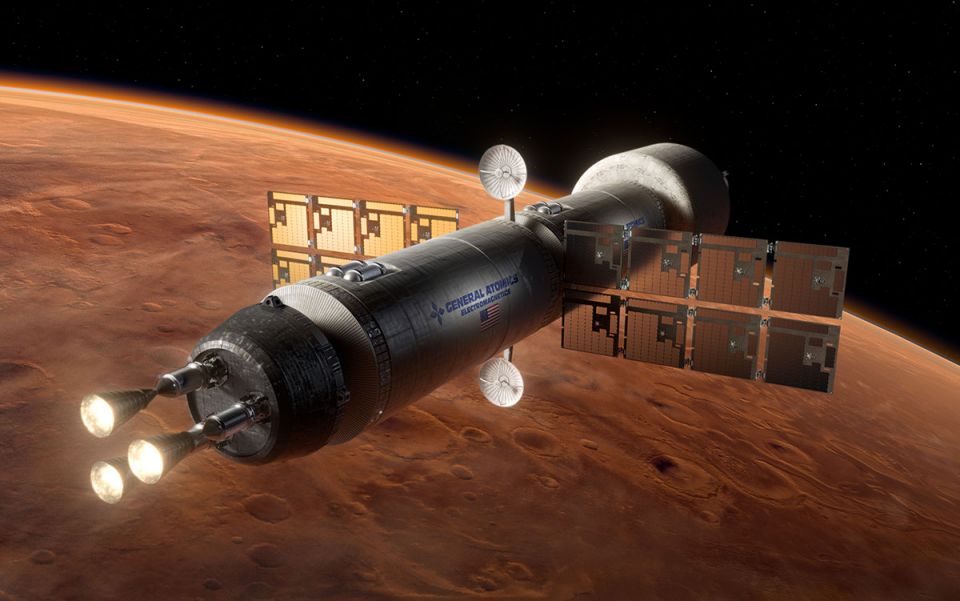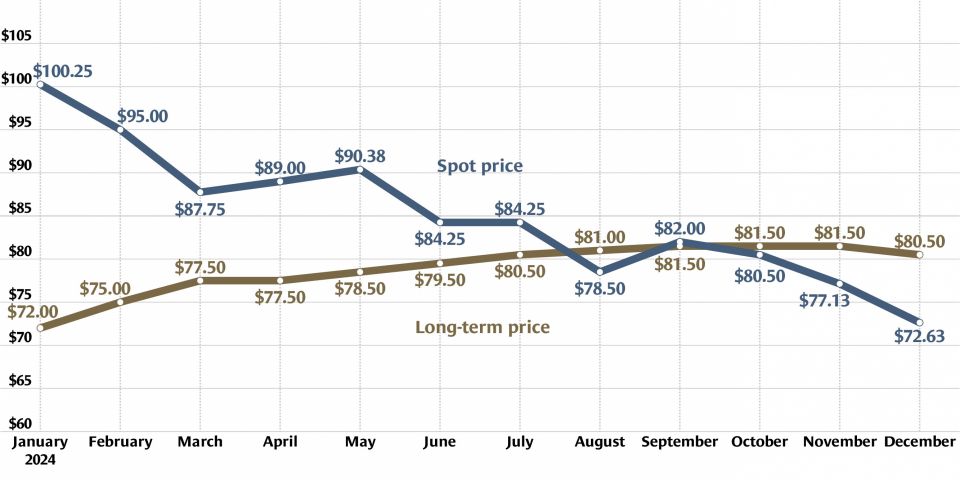Servis and her team, which includes researchers at Case Western Reserve University, are developing, producing, and testing chemical process equipment known as rotating packed bed (RPB) contactors. The researchers are developing enhanced RPBs known as “PAcked Centrifugal Equipment for Radiochemical separations,” or PACERs, which apply a centrifugal field to increase the efficiency of separations in packed beds while decreasing the required packing volume by more than 50 percent compared with similar existing technology, according to the ARPA-E project description.
PACERs could replace equipment used for traditional gas-liquid, liquid-liquid, and solid-liquid separations and also yield cost savings, according to the ARPA-E project description, which states that “these compact, modular units will have lower installed costs than columns because of decreased material, manufacturing, and shielding requirements.”
Benefits of a local approach: Argonne believes that due to their smaller size and range of functions, the technology “can be used at multiple manufacturing or nuclear energy sites. This can significantly reduce the size, safety, and cost barriers traditionally associated with nuclear fuel recycling.”
Specifically, the news release from Argonne suggests that “by recycling used fuel at or near the site where the fuel is initially used, RPB technologies aim to minimize risks associated with its transportation and storage. The smaller-scale, more local approach to recycling materials would be attractive to the public, less expensive to achieve, and include multiple other safety efficiencies.”
It’s not only the nuclear fuel cycle that could derive value from the technology: “The versatility of the scalable solution suggests that the U.S. could extract more out of materials that would otherwise end up in landfills, such as mining waste, coal fly ash, or discarded electronics,” according to Argonne.


